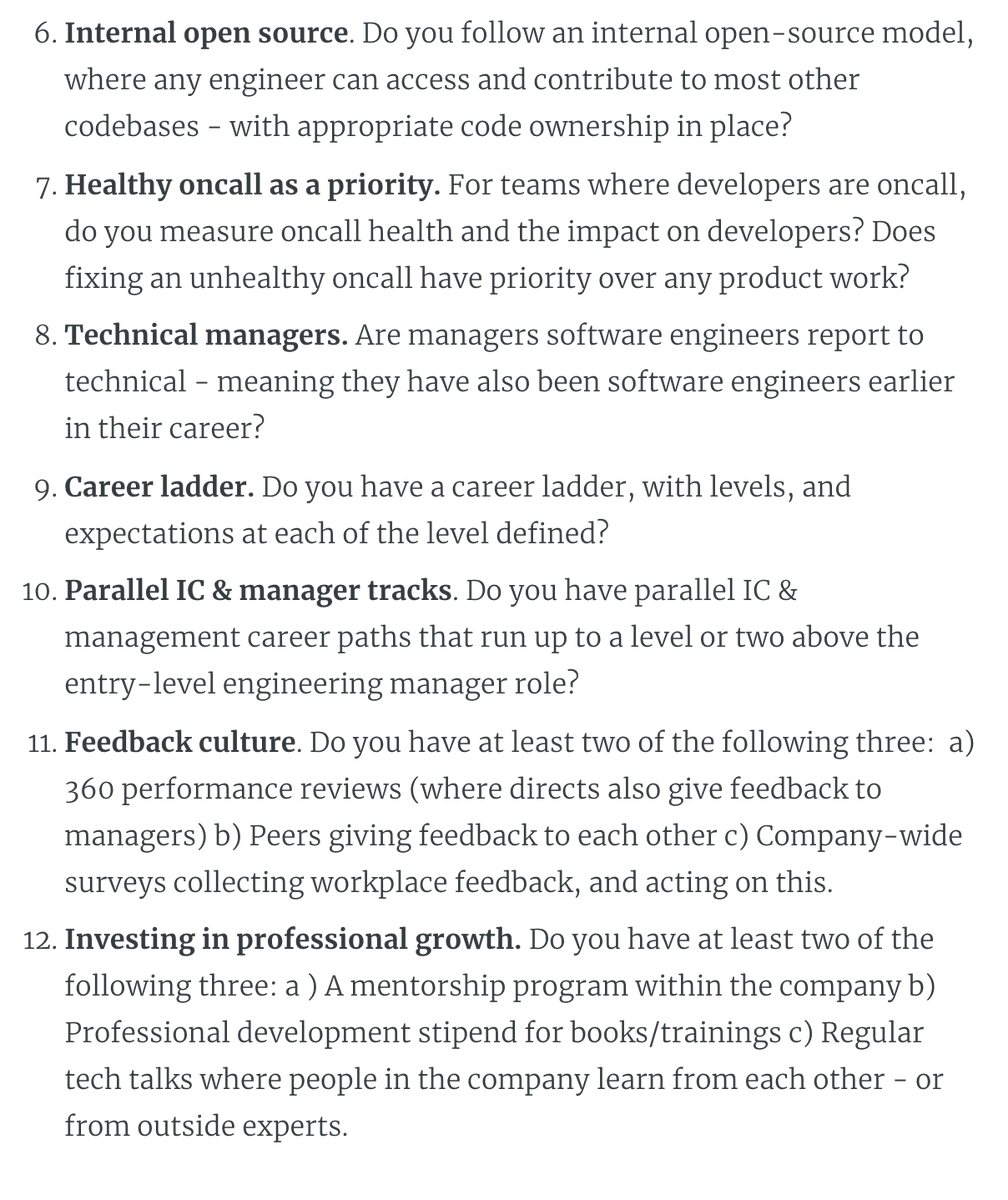
This is now happening and the pay is above Berlin sr eng levels.
For senior engineers, I’m hearing Doordash is paying €120-150K/year total comp in Berlin (€90-110K base salary, $130-210K stock over 4 years).
Hello competition!
For senior engineers, I’m hearing Doordash is paying €120-150K/year total comp in Berlin (€90-110K base salary, $130-210K stock over 4 years).
Hello competition!
https://twitter.com/GergelyOrosz/status/1405502250064265218
For context: it was very, very hard for a senior engineer to break the €100K “glass ceiling” in Berlin. Companies like Zalando/similar ones pay €85K/yr in salary. No equity.
Doordash just doubled this.
Source: people saying thanks for this early tip who accepted DD offers.
Doordash just doubled this.
Source: people saying thanks for this early tip who accepted DD offers.
Glad this person paid attention - and so are they.
When you’re early and few people know about some companies, and you suspect it’s a company with a larger than usual compensation package: it’s easier to get an offer than when everyone already knows about them.
When you’re early and few people know about some companies, and you suspect it’s a company with a larger than usual compensation package: it’s easier to get an offer than when everyone already knows about them.

And it’s not just Doordash from some messages I’m getting. Packages are going up in Berlin (as well): 

• • •
Missing some Tweet in this thread? You can try to
force a refresh






